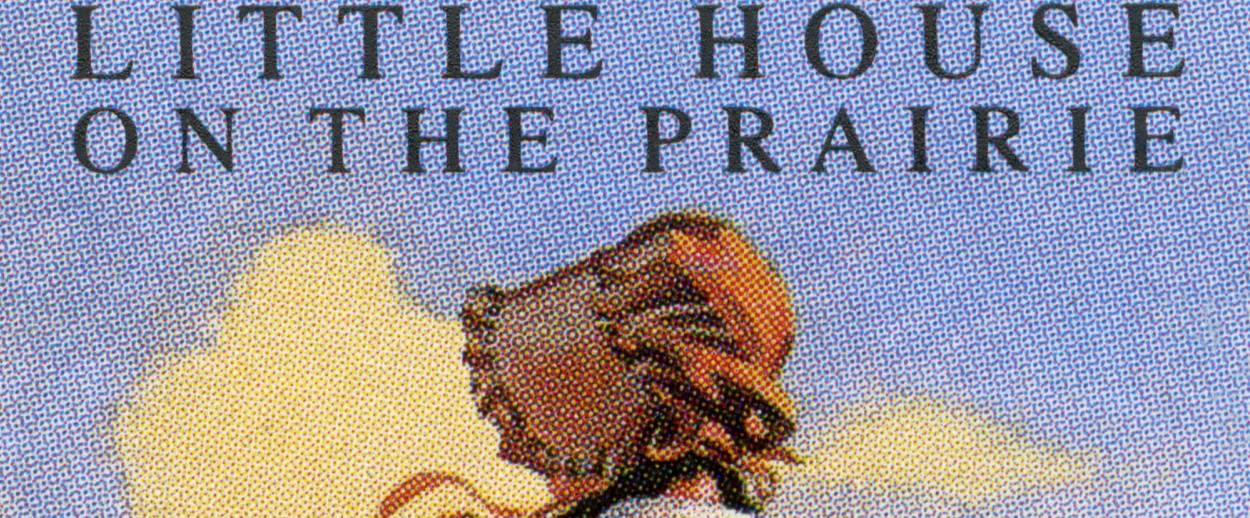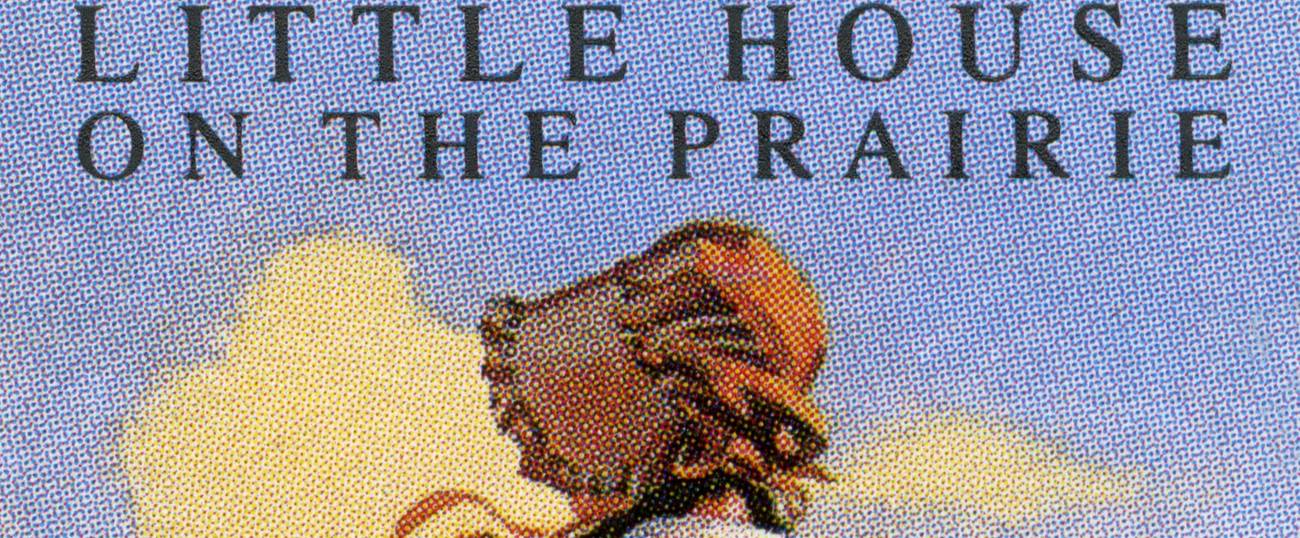Children’s literature news does not ordinarily make it into lead stories in the New York Times. Last week’s announcement by the ALSC (Association for Library Services for Children, part of the American Library Association) that it had changed the name of one of its most prestigious awards was an exception. The award formerly known as the Laura Ingalls Wilder Award has now been renamed the Children’s Literature Legacy Award. The ALSC reached this decision after months of debate about the psychological impact of racism in Wilder’s books on young readers. A broad-based movement to increase diverse and accurate representations of people of color and other marginalized groups has engulfed the world of children’s books. Wilder’s work, which undoubtedly includes insensitive and offensive material about Native Americans, had become a very visible target. Where do Jews come into this story?
Last year’s recipient of the Wilder Award was the distinguished African-American author and poet Nikki Grimes. Grimes is the author of many critically acclaimed works, including one which is distorted by the most blatant and lurid anti-Semitic tropes. At Jerusalem’s Gate: Poems of Easter accuses the Jewish people of venality, corruption, and hatred in the events surrounding the death of Jesus. The book closely follows the Gospels’ interpretation of these events. The high priest Caiaphas is described as “a mongrel smelling blood.” The Pharisees and Sadducees are conflated as members of the same evil elite, and Pontius Pilate is a passive and blameless victim of the enraged Jews who force him to kill the Messiah. The book is composed of poems, each one prefaced by the author’s comments and suggestions for discussion. Grimes encourages children to think creatively about the motives for killing Jesus: “Why would false witnesses agree to provide a legitimate excuse to have an innocent person crucified? My guess is money. Perhaps there were other reasons. Any ideas?” The poems are accompanied by illustrator David Frampton’s dangerously beautiful woodcuts, giving the story intense visual impact. One picture shows the Jewish leadership holding coins and other treasures, which they would supposedly risk losing should Jesus and his followers triumph.
One of the chief arguments of those supporting the change in the award is that historical context does not excuse racism. I have no doubt that Ms. Grimes did not set out to write a book offensive to Jews. Her Christian faith was the source of her deeply held beliefs about Jesus’ death. Grimes seems to accept uncritically, in spite of both contemporary sources and modern interpretations, that the Jews, not the Romans, were primarily responsible for the torture and death of Jesus. Wilder wrote the Little House books between 1932 and 1943. She came of age immersed in a culture which assumed that white pioneers had the right to dispossess Native peoples from their land. If Wilder cannot be exonerated by arguing that she merely expressed the norms of her time, how can Grimes, who wrote At Jerusalem’s Gate more than 70 years later? Even more relevant to recent events, how could the award committee have ignored this part of Grimes’ work only one year ago? (My attempts to contact both the chair of the award committee and the book’s publisher, Eerdmans, were unanswered.)
Ironically, many Jewish authors, parents, and educators are active supporters of the movement to ensure diversity in children’s books. We will continue to be involved, even as groups such as the self-styled “Diversity Jedi,” seem uninterested in considering our experiences and perspective. The Wilder Award originally recognized “substantial and lasting contributions to children’s literature.” The new Children’s Literature Legacy Award stipulates that the recipient’s books must “demonstrate integrity and respect for all children’s lives and experiences.” It would seem reasonable to expect that Jewish children should not be exempted from this positive and universal goal.

